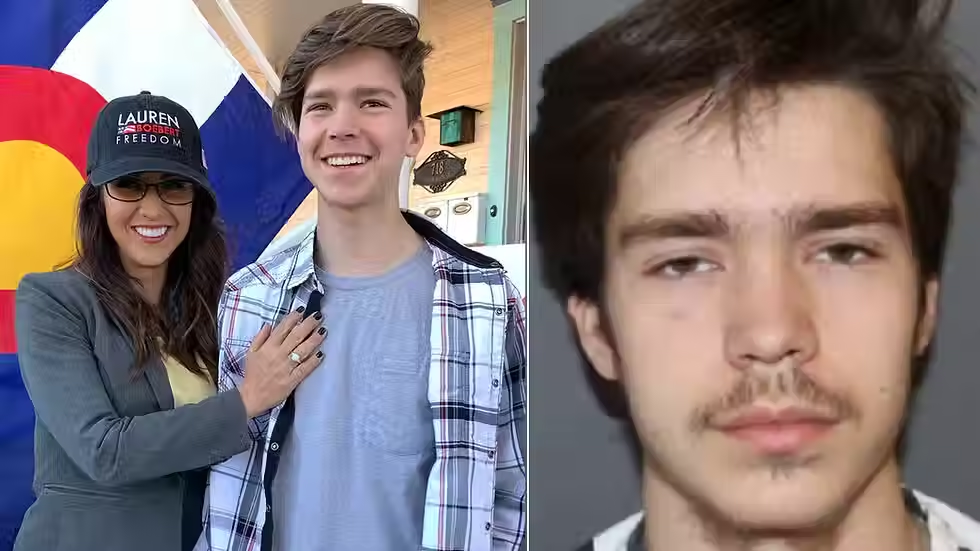The Other January 6 Issue Before the Supreme Court…
- Emily Maiden

- Dec 17, 2023
- 3 min read

While the dust was settling on last Monday’s bombshell legal news – Special Counsel Jack Smith petitioning the Supreme Court to take up the issue of Trump’s assertion of presidential immunity – the Court made another move related to the events of January 6.
On Wednesday, the Justices agreed to hear the case of Fischer v United States, in which the defendant, Joseph Fischer – a Jan 6 rioter – was charged under one of the same statutes as the former president.
Both Fischer and Trump have been charged under 18 U.S.C. §1512(c)(2) (witness, victim, or informant tampering), which makes “corruptly” obstructing an official proceeding a crime. Fischer argues that the law - which was enacted in the wake of the Enron scandal, where thousands of documents were destroyed - applies only to investigations and evidence (such as tampering with a paper trail) and not the act of physically stopping or delaying an official proceeding by rioting and storming the Capitol. DOJ has so far convicted over 300 people with obstructing the official vote count on January 6.
The issue of whether the specific charge was appropriate for January 6 defendants has taken its time to wind through the courts. In March last year, a US District Court Judge ruled that the statute could not be used to charge any Jan 6 rioters, because the defendants had not tampered with any evidence or documentation. A month later, the Court of Appeals in DC reversed that ruling. The panel was spilt, with Judge Gregory Katsas – a Trump appointee – dissenting from the majority view and siding with the District Court Judge, Carl Nichols, who was also appointed by Trump.
The question before the Supreme Court is a review of the Court of Appeals reversal: “Did the DC Circuit err in construing 18 U.S.C. § 1512(c), which prohibits obstruction of congressional inquiries and investigations, to include acts unrelated to investigations and evidence?”
That’s no small question, as it has the potential to vacate hundreds of convictions against Jan 6 defendants. But what does it mean for Trump?
The convictions won by DOJ relate to the rioters – people who were physically present at the Capitol on the day, forced themselves into the building past lines of police, and sent the Congressional proceeding into an extended lockdown. On the face of it, that looks like obstructing an official proceeding, but if the Justices decide that the statute only applies to evidence tampering, the charge used won’t encompass that conduct.
Trump’s case – though charged under the same statute – is different. He wasn’t part of the mob breaking into the Capitol, thus consideration of his charge isn’t the same.
Count 3 of the former president’s indictment is a charge under 18 U.S.C. § 1512(c), but it relates to his attempt, with co-conspirators, to submit false slates of electors and have them counted to usurp the electoral college vote. Even if the Supreme Court decides that the statute relates only to document fraud or evidence tampering, in Trump’s case, the allegation in the indictment is document fraud.
The text of the indictment makes this clear. Trump is accused of organizing “fraudulent slates of electors” and causing those fraudulent electors to “sign certificates falsely representing that they were legitimate”.
The decisions in the DC Circuit relating to obstructing an official proceeding were making waves last Spring and it certainly seems that Jack Smith took the potential of a Supreme Court hearing on the matter into consideration when crafting a seemingly bulletproof indictment. Any decision in Fischer – extremely unlikely to appear before the now-stayed March 4 start date for Trump’s DC trial – would certainly result in the former president’s lawyers twisting legally dubious arguments into pretzels to try and claim that their client should get off on a technicality. It’s been their entire strategy in this case since day one. But it’s becoming increasingly evident that Jack Smith has anticipated their game play and will always be several steps ahead.








Comments